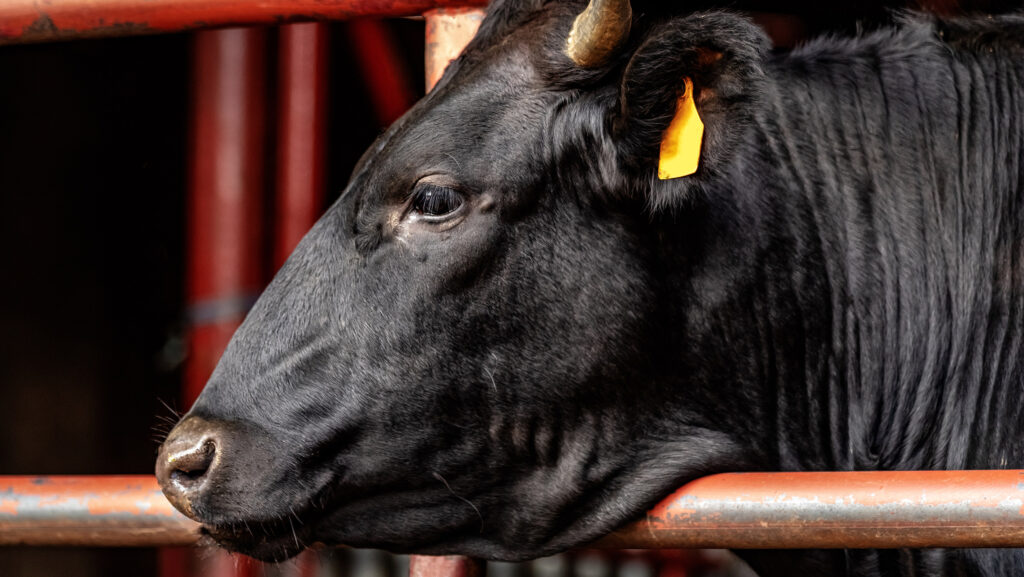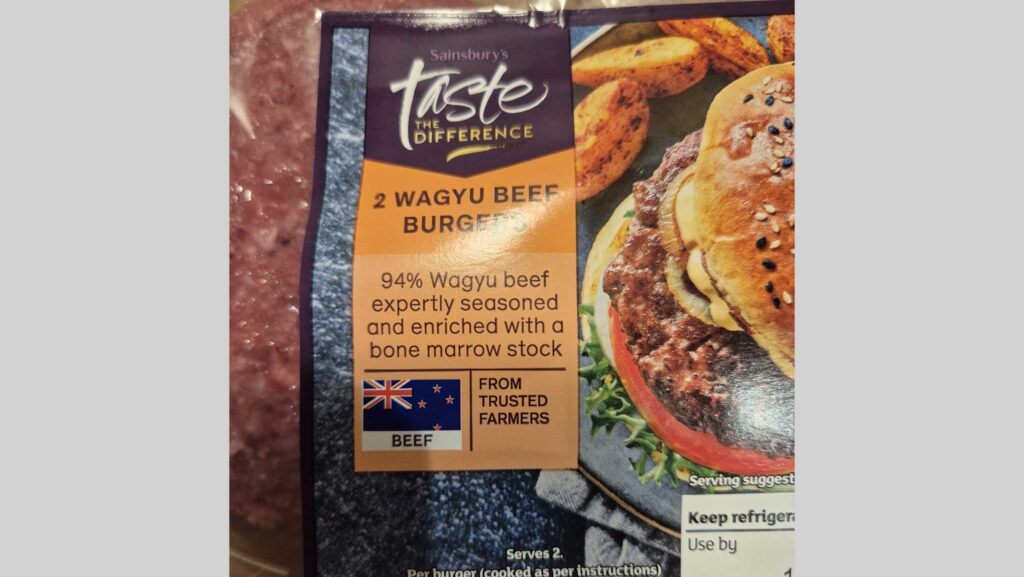Farmers criticise Sainsbury’s stocking of NZ Wagyu burgers
 © AdobeStock
© AdobeStock Sainsbury’s is facing criticism from British farmers after stocking Wagyu beef burgers made with New Zealand beef, despite the retailer’s public commitment to supporting UK agriculture.
It is understood that the supermarket offers two summer premium Wagyu products from New Zealand, which it says make up 0.1% of its total beef range.
Other retailers, such as Asda, have also recently come under fire for stocking beef products from Uruguay.
See also: Asda faces backlash over beef from Uruguay

© Hugh Broom
HMRC data shows that in the 12 months from July 2024 to June 2025, New Zealand imports for fresh and frozen beef stood at 5,626t and beef offal and uncooked processed beef at 5,655t.
NFU Livestock Board chairman David Barton said the industry has had a rough year so far with inheritance tax, the withdrawal of the Sustainable Farming Incentive and drought, pushing farmer confidence to record low levels.
He described the move as disappointing, at a time when producers, processors and retailers should be supporting each other.
“If this only represents a small fraction in their range, why bother? It’s disappointing and an unnecessary distraction,” said Mr Barton.
“We need to support our own industry – farmers get upset when they see this on the shelves and I have no doubt there is UK produced Wagyu beef available.”
Sainsbury’s comment
A Sainsbury’s spokesman reiterated the company’s commitment to British farmers despite anger over the imported Wagyu beef range.
“We have an unwavering, long-term commitment to British farming and this has zero impact on our approach or existing partnerships.
“The country of origin is also clearly labelled to ensure our customers can make informed choices when they shop with use.”
Fear point
National Beef Association (NBA) chief executive Neil Shand said: “The UK is not self-sufficient in beef production and we don’t want to lose beef eating consumers.
“However, the fear point is placing imported products here at a cheaper price, which will drive growth in other markets.”
He suggested that supermarkets should offer UK and imported products side by side, at the same price, and “let consumers decide”.
